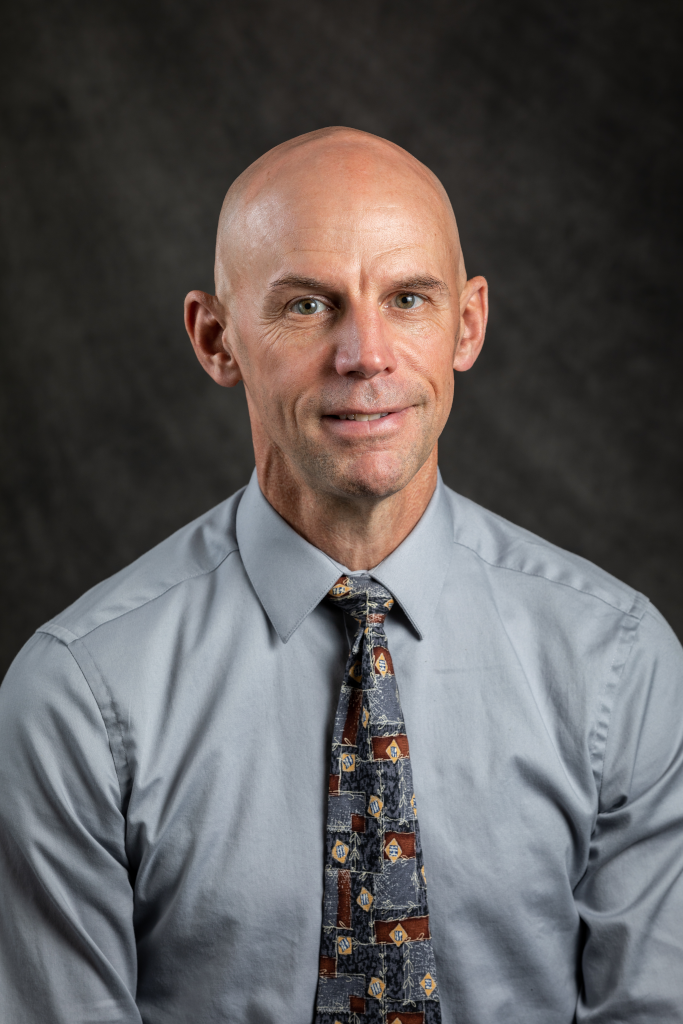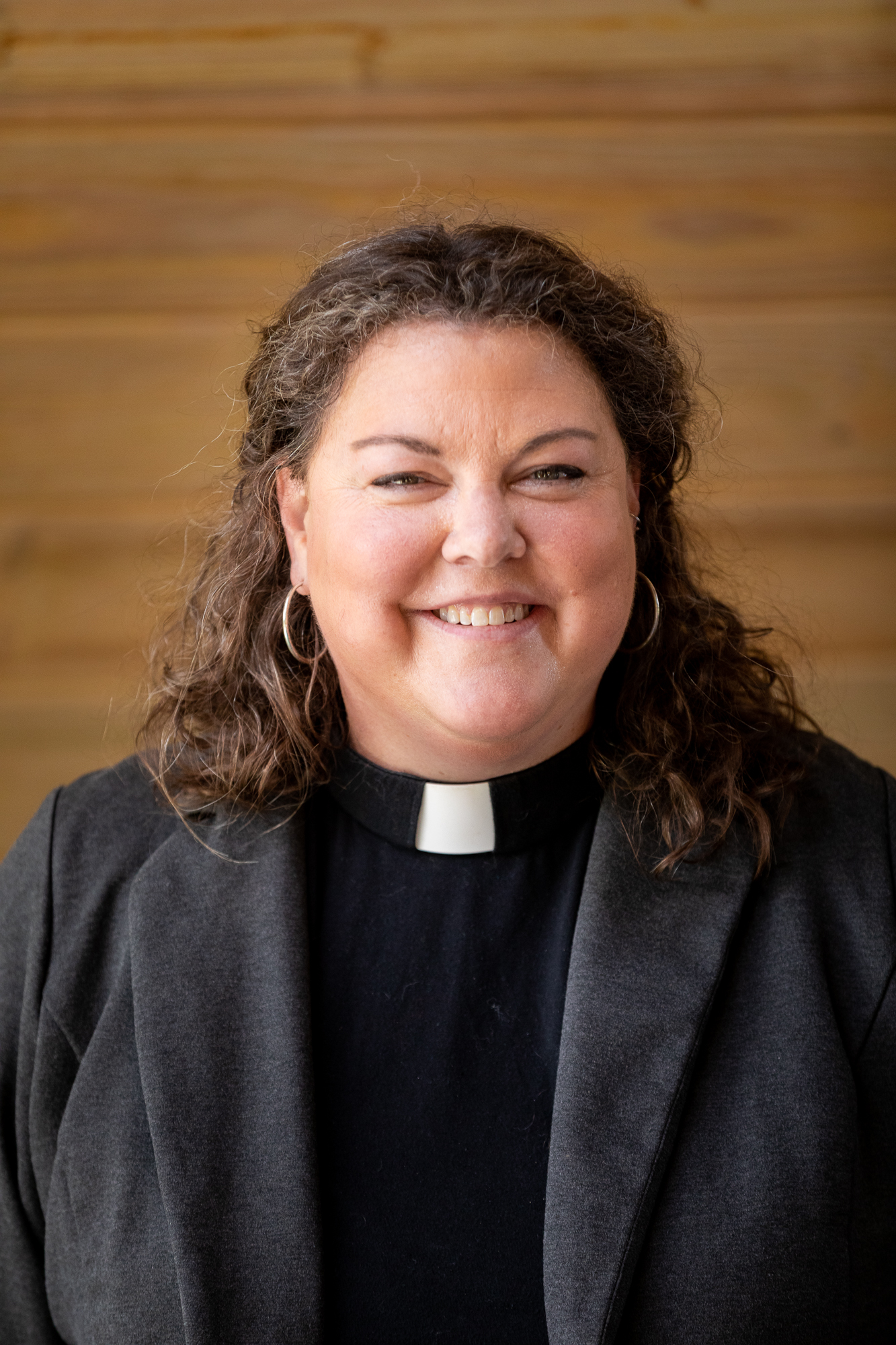Diversity, equity, inclusion and belonging (DEIB) training is an emerging field among corporations and organizations. Many have committed to developing DEIB programs for their employees, creating a need for trained professionals. Lakeland's social justice studies degree prepares students for this emerging market in for-profit and non-profit organizations.
The work of social justice cannot be learned in the classroom alone. One thing that makes our major and minor in Social Justice distinctive is its deep dive into experiential learning as part of our Cooperative Education program. Students will receive both course credit and competitive compensation for their experiential learning in the program.

Guided by experienced faculty and community mentors, students earning a Social Justice Studies degree explore the reality and consequences of systemic oppression. They also learn how to respond to those realities and consequences in ways that alleviate immediate suffering and lead to social transformation.
Our Social Justice Studies degree prepares students for justice-related service work and multiple positions in for-profit and non-profit organizations. The degree is excellent preparation for graduate study in many fields, including law, communication, sociology, criminal justice, education and leadership development. As part of their education, minors and majors develop and implement a social justice project involving the wider community.
“The Rev. Dr. Martin Luther King, Jr., urged us to recognize ‘the fierce urgency of now’ in relation to issues of social injustice,” said Rev. Julie Mavity Maddalena, Ph.D., Lakeland’s Chaplain, a faculty member and director of the Ulrich Center for Faith, Ethics, and Justice. “Lakeland recognizes this need as well as the need to shape leaders who understand the complexities of issues and the lives at stake, leaders grounded in strong values, leaders with experience, leaders prepared to participate in the response to Dr. King’s call."

*Data provided by Job Center of Wisconsin's Occupational Employment & Wage Statistics for Social Workers.
Students with a special interest in exploring the intersections of faith, ethics and social justice can apply to become an Ulrich Scholar. Lakeland offers one full-tuition scholarship and multiple $2,000 scholarships to support their learning.
Expectations of Ulrich Scholars include:
After gaining acceptance to Lakeland, you can apply for this scholarship through your Future Muskie Portal.

You already passed your first test, you are interested in applying to Lakeland and learning more about your opportunities to success! Click the button below to being the application process.
Once your application is received, your Lakeland University admissions counselor will be in touch.
*Exceptions to the above admission criteria may be granted for students with a cumulative GPA range from 1.75 to 1.99 if the academic experience that resulted in the less than 2.0 GPA was more than two years ago. Furthermore, typically students with a cumulative GPA range from 1.50 to 1.75 will only be considered if the poor academic performance experience that resulted in the less than 2.0 GPA was more than five years ago. Students receiving an exception will be admitted conditionally.

Professor of Religion, Grace Chair of Religious Studies

University Chaplain, Ethicist in Residence, Director of the Ulrich Center, Assistant Professor of Philosophy and Religion

